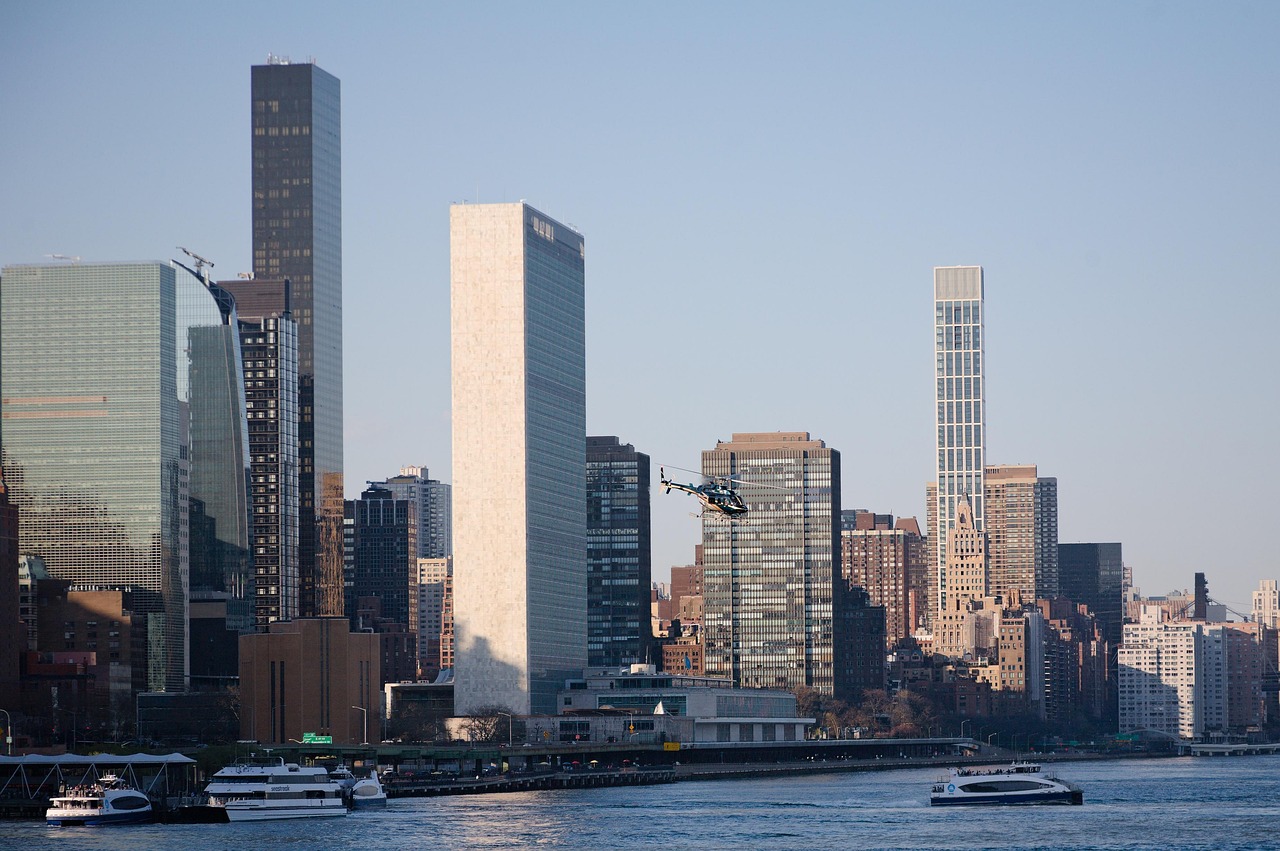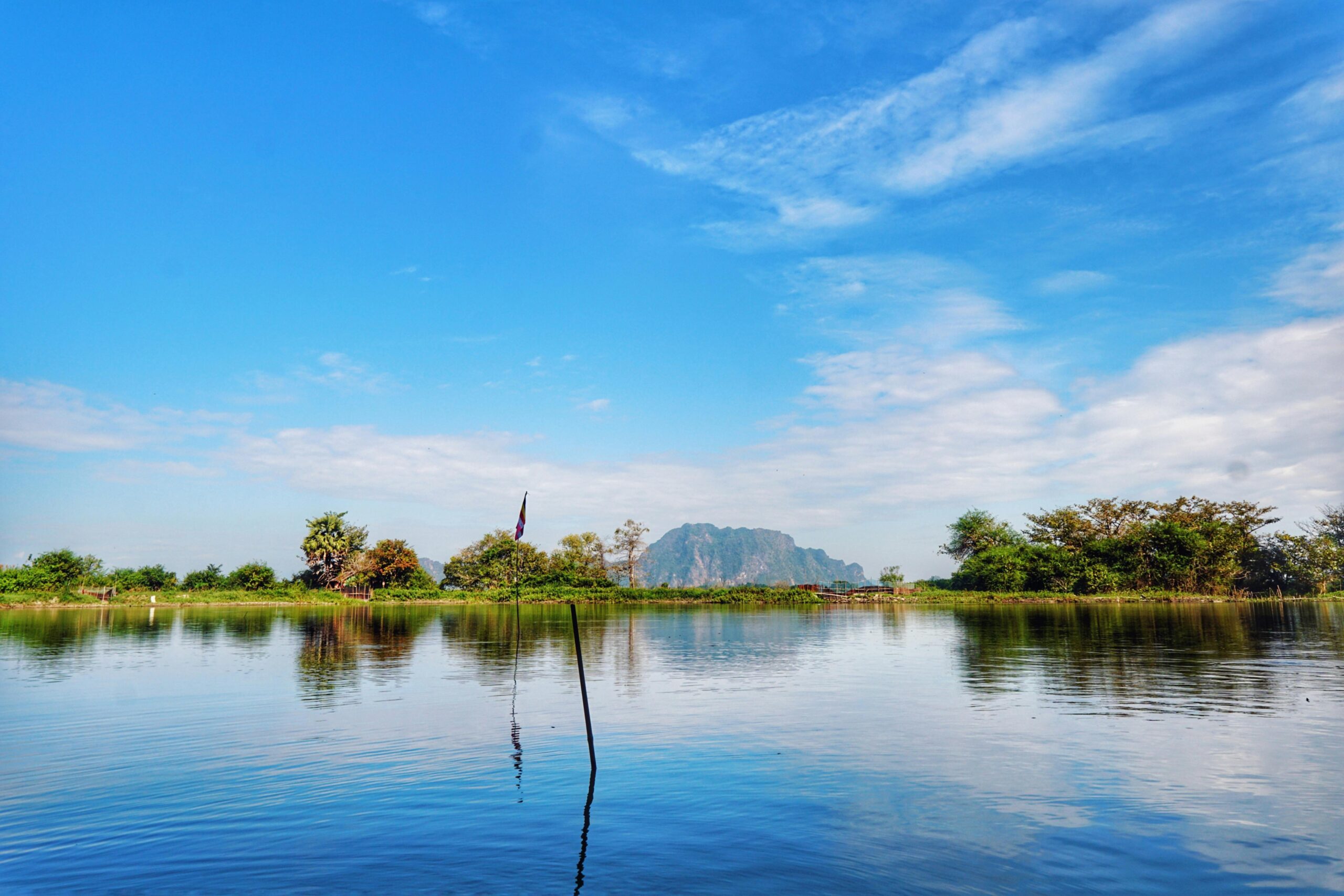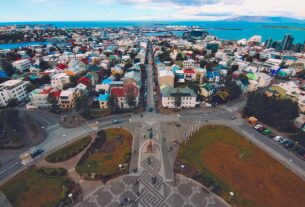The best places to eat in Orlando in 2025 — from world-famous restaurants to hidden local favorites you won’t want to miss.
🌴 Get Your FREE Bahamas Checklist!
Perfect for planning your island escape 🌊
We respect your privacy. Unsubscribe anytime.
Powered by greattravelnews.com
Orlando’s culinary scene has transformed dramatically in recent years. Once known mostly for theme park eats, the city now boasts a dynamic food culture filled with gourmet experiences, local hotspots, and trend-setting eateries. Whether you’re traveling for thrills or tastes, here’s your go-to guide for where to eat in Orlando in 2025.
🍽️ 1. Iconic & Immersive Dining Experiences
Orlando is home to some of the most immersive dining venues in the world, often inside theme parks or connected resorts. These are meals you won’t just eat — you’ll remember.
-
Be Our Guest Restaurant (Magic Kingdom): Dine in the Beast’s enchanted castle with French-inspired fare. Guests can choose between the opulent Ballroom, the eerie West Wing, or the elegant Rose Gallery. Reservations are essential, and the prix fixe dinner menu is a Disney dining highlight.
-
Space 220 (EPCOT): Travel 220 miles “above Earth” via a space elevator and dine with views of a rotating planet below. The futuristic menu includes items like “Starry Calamari” and “Galactic Salmon.”
🥘 2. Local Legends and Longtime Favorites
These places have stood the test of time — beloved by locals and returning tourists alike.
-
The Ravenous Pig (Winter Park): This upscale gastropub offers inventive takes on Southern classics like shrimp and grits or pork belly sliders. They also have a house brewery for beer lovers.
-
4 Rivers Smokehouse: A Central Florida staple, 4 Rivers is famous for its slow-smoked brisket, burnt ends, and hearty Southern sides. The queue often stretches out the door — and it’s worth it.
-
Se7en Bites (Milk District): Known for their massive biscuits, retro desserts, and brunch classics, Se7en Bites is the brunch spot of choice for locals.
🍣 3. Trendy, Insta-Worthy Hotspots
Foodies and influencers, take note: these are the trendiest restaurants in Orlando right now.
-
Domu (East End Market): This noodle-focused spot is known for its rich tonkotsu ramen and signature Domu wings. The vibe is urban, edgy, and always buzzing.
-
Reyes Mezcaleria (Downtown): A chic Mexican restaurant with a mezcal-forward cocktail menu and dishes like duck mole and house-made tortillas. The indoor/outdoor ambiance is ideal for date night.
-
Soseki Modern Omakase (Winter Park): An intimate 10-seat omakase that fuses Japanese technique with local ingredients. Reservations often book out months in advance.
🌮 4. Hidden Gems and Underrated Finds
Off the beaten path and incredibly delicious, these eateries will surprise you with their flavor and authenticity.
-
Kadence (Audubon Park): A tiny sushi house with only a handful of seats, Kadence offers multi-course omakase meals made with ingredients flown in from Japan. It’s quietly one of the most acclaimed restaurants in Florida.
-
Black Rooster Taqueria: A local taqueria offering creative twists on tacos like crispy avocado, beef barbacoa, and roasted beet. The house-made tortillas and agua frescas keep people coming back.
-
Sticky Rice Lao Street Food: A hidden gem serving authentic Lao cuisine — think grilled pork skewers, coconut sticky rice, and papaya salad — in a laid-back setting.
🍦 5. Must-Try Dessert Spots
Sweet tooth? You’re in the right city. Orlando is home to some of the most decadent desserts in the South.
-
Gideon’s Bakehouse (Disney Springs): Known for its half-pound cookies packed with chocolate chunks and a cult following. Lines can be long, but pre-ordering via virtual queue helps.
-
The Greenery Creamery (Downtown): This micro-creamery offers artisanal ice cream with flavors like black ash coconut and strawberry basil. They also serve vegan and dairy-free options.
-
Toothsome Chocolate Emporium (CityWalk): A Willy Wonka-inspired dessert restaurant that offers outrageous milkshakes, giant sundaes, and full meals with a chocolate twist.
Final Thoughts
Orlando’s dining scene is as exciting as its theme parks — maybe even more so in 2025. From immersive dining adventures to hidden neighborhood haunts, the city serves up unforgettable flavors for every taste and traveler.
Pro Tip: Many top restaurants accept reservations via OpenTable or the Disney and Universal apps. Book ahead for popular times!




